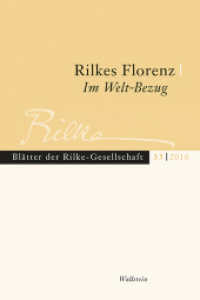Full Description
The Masters and the Slaves: A Study in the Development of Brazilian Civilization by Gilberto Freyre is a landmark exploration of Brazil's social, cultural, and economic evolution through the lens of its patriarchal agrarian heritage. First published in 1933, this work provides a profound analysis of the feudal-like society that arose around sugar plantations in the 16th century and later adapted to coffee cultivation. Freyre's study unveils how the intersections of European, African, and Indigenous cultures created a uniquely Brazilian society, shaped by miscegenation and cultural blending, yet structured by the profound social hierarchies of masters and slaves.
Freyre uses the symbolic imagery of the casa-grande (the master's house) and the senzala (slave quarters) to represent the dichotomies and interactions between these groups. He delves into the historical and environmental factors that fostered a society simultaneously marked by deep inequalities and a surprising degree of cultural synthesis. Through this dynamic, Freyre paints a vivid picture of a society whose traditions and landscapes remain deeply intertwined with its colonial past. The book's intricate examination of Brazil's socio-cultural formation provides invaluable insights into the country's ongoing journey toward social democracy and its enduring complexities of race, class, and identity.
This title is part of UC Press's Voices Revived program, which commemorates University of California Press's mission to seek out and cultivate the brightest minds and give them voice, reach, and impact. Drawing on a backlist dating to 1893, Voices Revived makes high-quality, peer-reviewed scholarship accessible once again using print-on-demand technology. This title was originally published in 1986.








